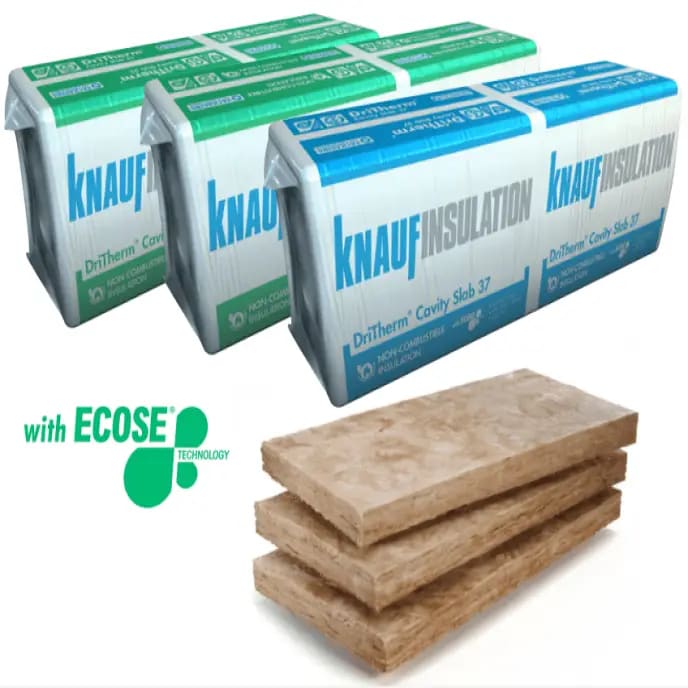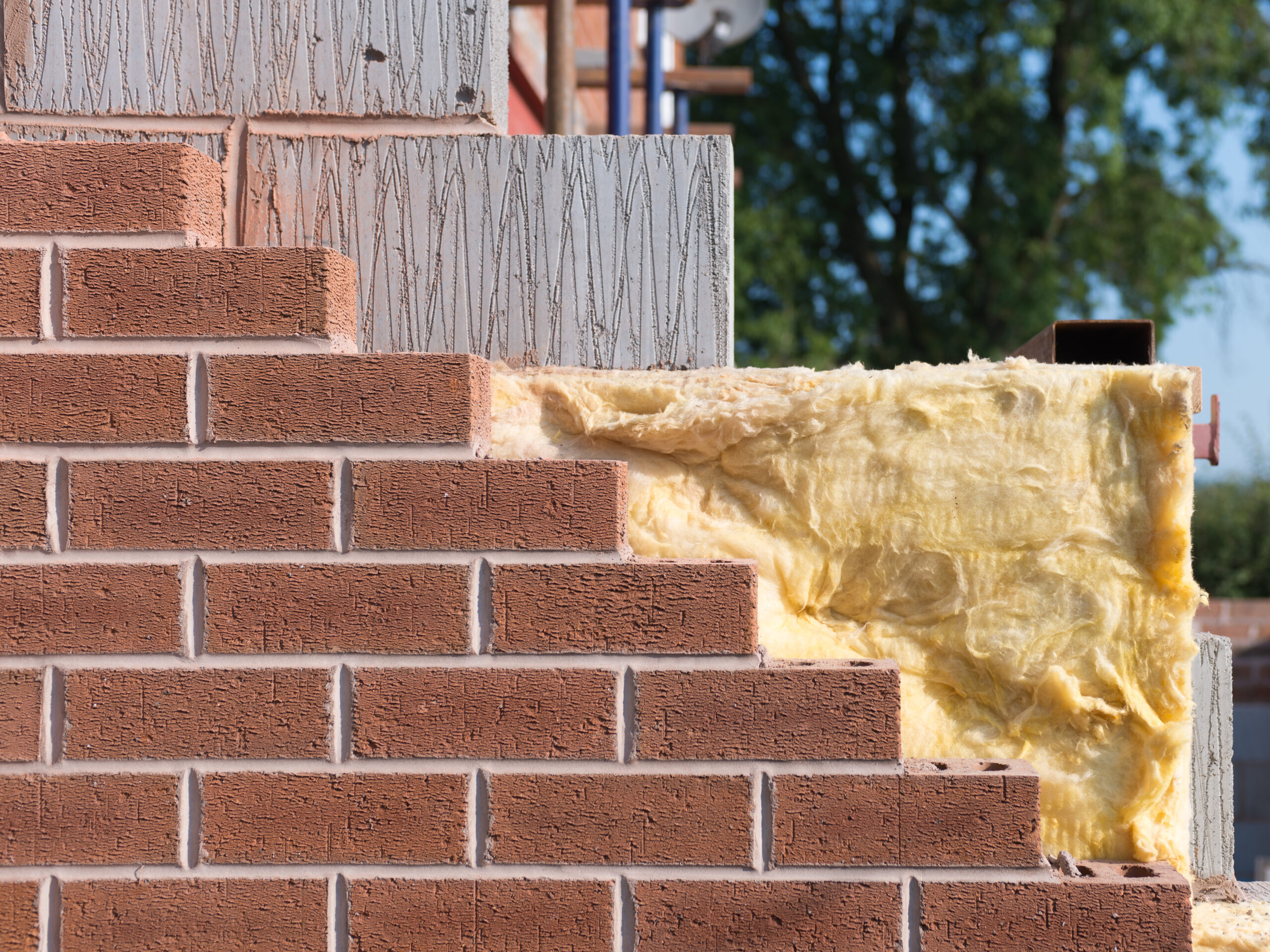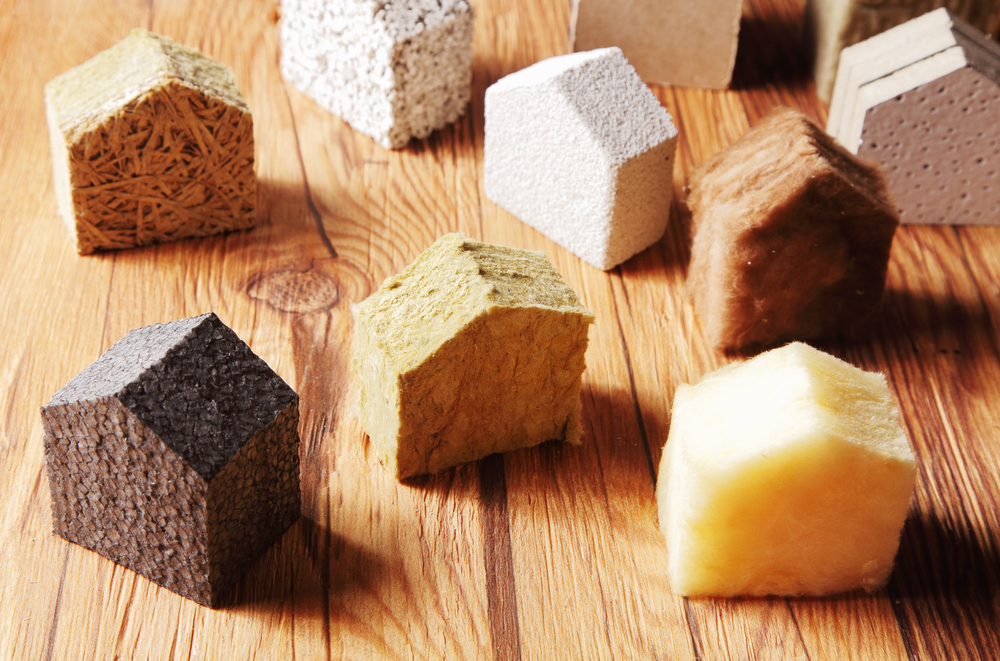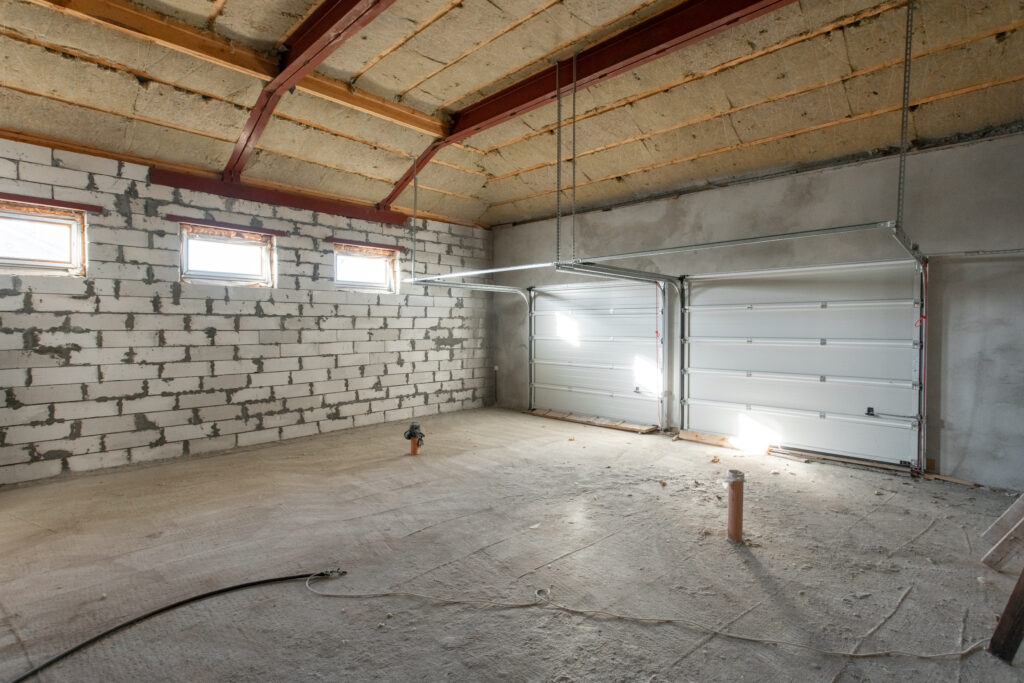Cavity Wall Insulation
(26 Products)Cavity wall insulation is about building in performance, not adding it on later. For any new construction or a substantial renovation project, our specialised insulation boards and slabs are designed to be a core component of your wall's thermal defence. We stock a curated portfolio of market-leading products from Knauf DriTherm, Kingspan Kooltherm and Celotex, available in both full-fill and partial-fill formats to suit different wall configurations.
What Is Cavity Insulation?
Cavity wall insulation involves fitting pre-formed, rigid insulation panels directly into the void between a wall's inner and outer layers.
Unlike blown-in insulation, which is injected into existing cavities, these high-performance insulation boards (often made from materials like PIR or XPS) and semi-rigid mineral wool slabs are typically installed during the construction of new buildings, extensions, or major renovations where the wall structure is being erected or significantly altered.
A cavity wall itself consists of two layers of brick or concrete blocks separated by a gap. Since the 1920s, this cavity has been a common design feature, originally intended to prevent rainwater from reaching interior walls and to offer some thermal improvement.
When these walls are built, our curated range of high-efficiency insulation boards and slabs can be precisely cut and fitted within this cavity.
We stock a comprehensive range of these materials from leading brands like Knauf DriTherm, Kingspan Kooltherm, and Celotex Thermaclass and CW series. These high-efficiency insulation boards and slabs come in various thicknesses, from 50mm up to 150mm, and are designed for precise fitting within your cavity.
We offer options tailored for both partial-fill (where a small air gap is maintained between the insulation and one side of the cavity for added moisture protection) and full-fill applications (where the entire cavity width is insulated). This method ensures a highly controlled and consistent thermal barrier from the outset of the build.
Please note: Installing cavity wall insulation is a technical procedure that requires the help of a professional. It's important to choose a reputable installer who is registered with a recognised body, such as the Cavity Insulation Guarantee Agency (CIGA). This ensures that your installation is covered by a guarantee, providing peace of mind and protection against any potential issues.
Identifying Cavity Walls in Your Home
A cavity wall is made up of two slender walls that are connected by wall ties, leaving a space in between them.
To find out if you have cavity walls, inspect a window or door along an external wall: If the brick wall measures over 260mm in thickness, it likely features a cavity. A narrower wall is more likely to be solid.
If your house is constructed with stone walls, it's probable that they are solid, without any cavities that can be insulated. In such instances, you may want to go down the route of external insulation.
We stock a wide range of External Wall Insulation (solid wall insulation) solutions for projects that are not suitable for cavity wall insulation.
Why Insulate Cavity Walls?
- Energy Efficiency: Proper insulation significantly reduces heat loss, which can lower your energy bills by up to 35%.
- Comfort: Insulated walls help maintain a consistent indoor temperature, enhancing the overall comfort of your home.
- Environmental Impact: Reducing energy consumption decreases your carbon footprint, contributing to environmental conservation.
- Preventing Dampness: Insulation can help reduce the risk of condensation and dampness within the walls, protecting the structural integrity of your home.
Signs Your Home Needs Cavity Wall Insulation
- High Energy Bills: If your energy bills are unusually high, it could be a sign that your home is losing heat through uninsulated walls.
- Cold Walls: If the interior walls of your home feel cold to the touch, it may indicate poor insulation.
- Damp and Condensation: Uninsulated walls are more prone to damp and condensation issues, which can lead to mould growth and structural damage.
Types of Cavity Insulation
There are various methods of insulating cavity walls. However, we specialise solely in stocking cavity wall insulation slab and board solutions. These materials are designed to fit perfectly within the wall cavity, providing an effective barrier against heat loss. Here are the common types we offer:
- Insulation Slabs: Insulation slabs are rigid slabs manufactured from either glass wool, rock mineral wool or sheep’s wool. They provide excellent thermal performance and are easy to install.
- Insulation Boards: Similar to slabs, insulation boards can be made from various insulating materials and are cut to fit snugly within wall cavities.
Cavity Barriers
In addition to insulating cavity walls, it is important to consider the use of cavity barriers. A cavity barrier is an essential component in construction that helps prevent the spread of fire and smoke through the cavities of a building.
Cavity barriers are typically installed in the cavities between the external and internal walls, providing an extra layer of safety and ensuring that the insulation not only improves energy efficiency but also contributes to the overall fire safety of the building.
Frequently Asked Cavity Wall Insulation Questions
Is My Home Suitable For Cavity Wall Insulation?
Homes built from the 1920s onwards often have cavity walls and are generally suitable. However, suitability depends on several factors, including the width of the cavity, the condition of the external walls (e.g., no significant cracks or damp issues), and the presence of any existing partial insulation.
A professional survey is always recommended to assess suitability.
Will Cavity Wall Insulation Stop Damp?
Cavity wall insulation is designed to prevent heat transfer, not to stop damp caused by structural issues.
If your home has existing penetrating damp, failed pointing, or damaged rendering, these issues must be resolved before insulation is installed.
In fact, installing insulation into a wall with pre-existing damp problems can exacerbate the issue.
Does Cavity Wall Insulation Affect My EPC Rating?
Yes, insulating your cavity walls is one of the most effective ways to improve your home's Energy Performance Certificate (EPC) rating.
A better EPC rating reflects lower energy consumption and can increase your property's value.
What Are the Different Methods of Filling Cavity Walls?
Filling cavity walls involves inserting insulating material into the space between the outer and inner walls of a building. This can be done through various methods such as:
- Blown-in Insulation: Small holes are drilled into the exterior wall, and insulating material is blown into the cavity using specialised equipment.
- Foam Insulation: Expanding foam is injected into the wall cavity, which then hardens to form an effective insulating barrier.
How Does Cavity Wall Insulation Work?
It works by trapping air within the insulation material, which acts as a barrier to heat flow.
Without insulation, air within the cavity can move freely, allowing heat to pass easily from the warmer side of the wall to the colder side through convection, conduction, and radiation.
By filling this space, the insulation significantly slows down this heat transfer.

.jpg)
.jpg)
.jpg)

.jpg)
.jpg)








